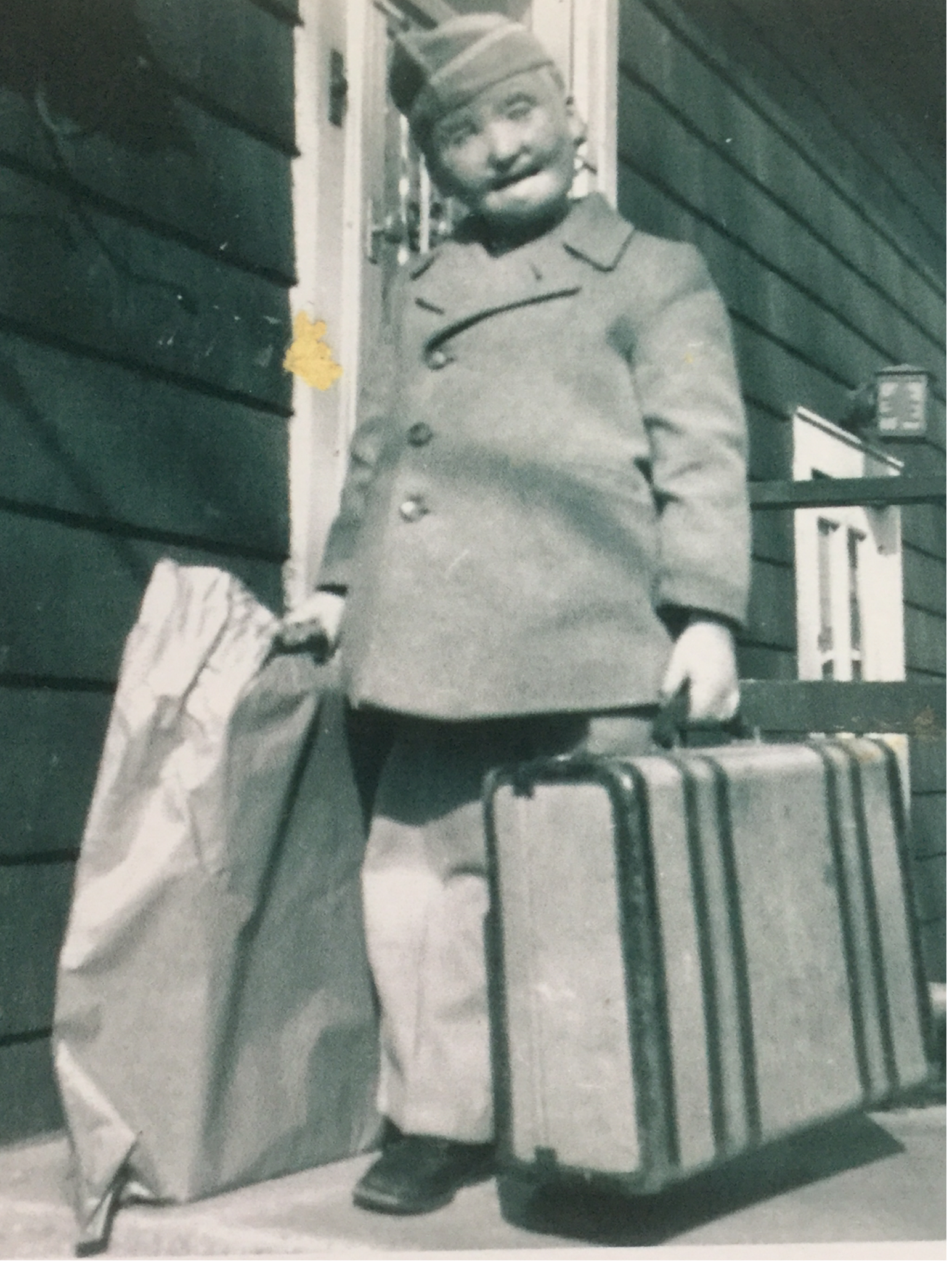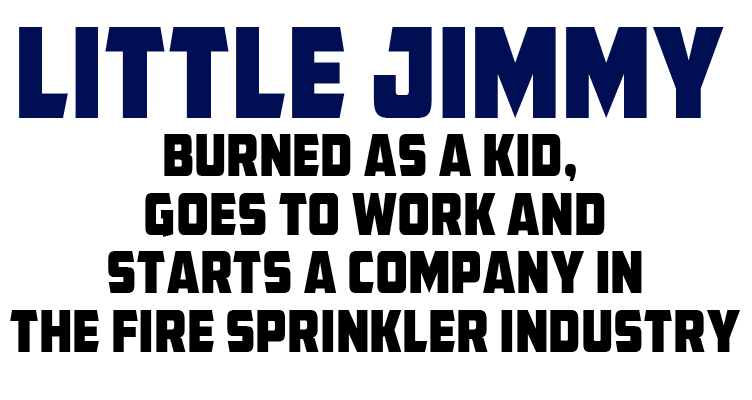 |
 |
Quote
Loading...
getChildHtml('header-search'); */?>
Loading...
Checkout using your account
This form is protected by reCAPTCHA - the Google Privacy Policy and Terms of Service apply.
Checkout as a new customer
Creating an account has many benefits:
- See order and shipping status
- Track order history
- Check out faster
For Jimmy Stoddard, hard work was never a problem. When he was a kid, Jimmy delivered newspapers; in the morning, often in the dark, he delivered The NY Times and NY News and other papers from the city and in the afternoon he delivered the Staten Island Advance. Sunday was real a chore, when several hundred pounds of newspapers were dropped at his front door, and these papers were distributed on foot. He said he enjoyed watching the sun come up walking the neighborhood with dogs barking as he threw the paper towards the front doors and stoops. It was fun.
By age of 15, Jim got up at 2:00 am every Saturday and Sunday to wash and grease pans at Ziegler’s Bakery. Sunday especially was the busiest, with all the Catholics treating themselves to morning pastries and Sunday bread and dinner rolls. He also worked with Al Daniels, remodeling houses in the summer. Al had polio and he limped, smiled and grunted while he collected a fortune in real estate.
At 16, Jimmy and his buddies were hired at the local country club to work pool parties and banquets while the other guys served food to the members. Jimmy was pulled aside and sent to work in the kitchen washing dishes and peeling shrimp and opening lobsters. He marveled at the idea that he was to crack the claw and separate the meat from the claw and place it back in the shell.
The thing is, on December 4, 1957 when Jimmy was three-years-old, he was in a fire. His face and hands were badly burned, and he was obviously a little too gruesome of a sight to be a food server to the members of Richmond County Country Club.
His dad told him, “You’ll be accepted as long as you can do a job and be of service to others, and you’ll just have to be a little nicer than the next guy to make it.”
Each year while growing up, the day after Christmas little Jimmy went to Montefiore Hospital in the Bronx, where he would spend Christmas break in hospital beds, recovering from surgeries. Those are vivid memories for Jim, being sedated, then strapped to a gurney and rolling down the hallway. He’d watch the lights pass above him then into the elevator that brought him to the operating room. The cold operating room, the doctors faces would lean over and ask him how he was doing, the nurses and instruments were all about. A rubber face mask over my nose and then the smell of ether while counting backwards from 10, he was out.
While recovering in the hospital, the doctors would have his hands tied to the bars on the sides of the bed so he wouldn’t scratch his face or remove bandages. He can still hear the women orderlies coming down the hall to care for him. Change his bedding, and finally untie his hands. He still loves those jolly black women who brought laughter and smiles the hospital.
Jimmy would go back in the hospital for Easter school break and noticed some of the kids that I saw at Christmas were still there. The pediatric ward at this hospital was dealing with the worst childhood diseases and most of these children were not going to get well. These memories make him grateful still today. "My father would point out to me what was really going on for these other children and their families."
His mom would say “Count your blessings.”
Getting burned didn’t put Jimmy on the sidelines. Jim’s friends would get mad and ask him “How do you handle it, don’t you hate it when people stare at you and make fun of you?” It made him work harder and play harder. Boy Scouts, Little League Baseball, CYO basketball, and paper routes. Jimmy was too busy living to think much of it.
His father would tell him, "These kids who would mock you have deeper wounds, and you only have scars on your face. You’re healthy and smart, you can be anybody you want if you don’t start feeling sorry for yourself."
Jim’s dad would instruct him “Stand up straight, look them in the eye and tell the truth.”
Jimmy’s dad, a veteran of the Merchant Marines, went to sea before, after, and through WWII, and growing up, "We had the only house on block that could "sink" at any moment. With seven kids and “torpedoes” everywhere, my shoes were at the edge of my bed, my clothes handy and for God’s sake, Little Jimmy was ready for anything!" Jim said.
In 1972, the day after high school graduation, Jimmy hitch-hiked to California...to surf.
In 1981, Jimmy started selling Teflon Tape out of his garage. Thirty-seven years later, Jimmy is going strong along with his company, ARGCO and shaking up the fire protection industry selling to sprinkler contractors all across the globe
Jim Stoddard’s message to today’s world is the same his father told him: "The world is your oyster. You can do anything you can afford. No one owes you anything, so roll up your sleeves and get to work. Jim adds: "There is no time to complain. Complainers have a problem for every solution. The idea would be to take care of what needs be done today and don’t worry about the results. All you need to do, to be in business, is have a product and a paying customer. I didn’t even have a business card. I don’t think our government knew I was in business for the first 16 months. That’s when I decided this could be for real so I closed the books for the first time, incorporated and figured out I needed a borrowing line of credit to pay my taxes.
The opportunity in this country is amazing. If you’re willing to spend some money, find quality products, you can save customers money and put a little in your pocket at the same time. Small business is what make America great, and it’s imperative that we continue to support small business. There’s no reason that anyone can be the biggest and best at something if they put in the work."
Are you sure you would like to remove this item from the shopping cart?
This item is a part of the approved quote. Removing it will remove all quote items from the cart.

